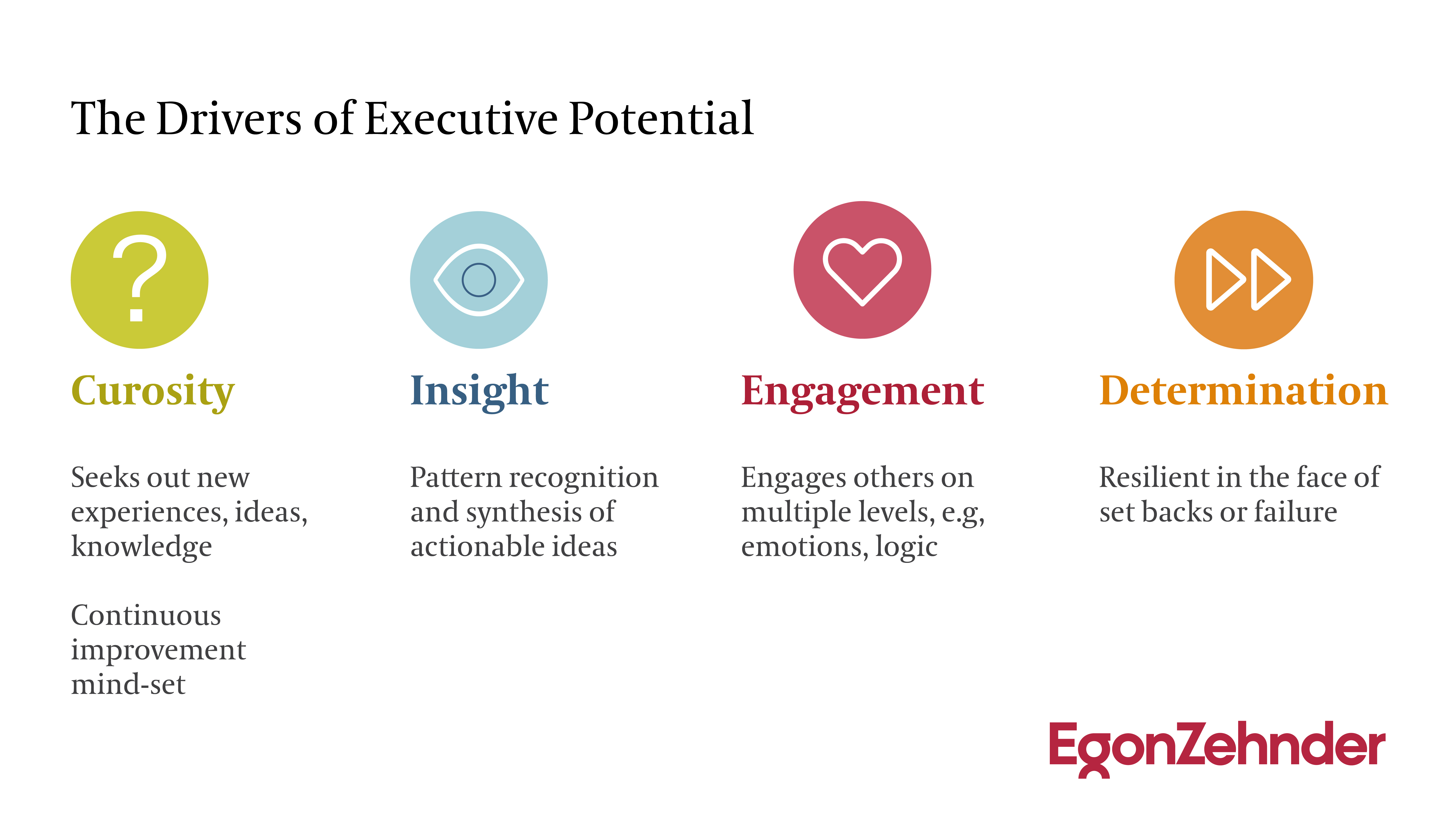The chemical sector is facing unprecedented uncertainty. Geopolitical instability could impact its asset base, China is contending with a market slowdown as well as an ongoing trade war with the United States and there is continuous unpredictability in the Middle East. In this type of landscape, chemical companies need a proactive approach to remain competitive—one that increasingly relies on people and their leadership quality.
Surviving and Thriving Amid Disruption
The current environment is one of insecurity and instability. Anxiety surrounding a potential economic slowdown is at an all-time high. Many countries are putting their own priorities and interests first and negotiating more forcefully. In addition, trade negotiations continue to create a tumultuous environment for global businesses, and unstable geopolitical climates pervade, causing tariffs on goods such as steel and aluminum to come into question.
In such uncertain times, asset-heavy industries, such as chemicals, energy and heavy-equipment machinery, must proactively scenario plan with even more vigor, as their investments have decades-long time horizons, and their capital planning must consider best, worst, and most likely scenarios.
In addition, leaders need to be cognizant of the speed of change set by customers and the customer’s customer and societal changes. The leaders making decisions today will not have the same priorities as those who will be at the helm a decade from now—and it’s important to take into account factors like sustainability that will have a significant impact on the market into the future.
All of these shifts reinforce why chemical companies need to change the way they hire and develop talent. They must be aware of their talent pool and capabilities, and how they can bring in new, needed talent that is flexible and adaptable to changing times. But the traditional methods of evaluating talent on experience and current skills is not enough to insulate companies against unknown risks and keep them open to new opportunities.
Picking for Potential

Chemical companies can use times of downturn and uncertainty as opportunities for revamping their talent for the future. Chemical companies can take stock of the talent they have and ensure they have employees who possess the skills and mindset to thrive in rapidly changing and ambiguous environments. But using the traditional metrics of experience and training will not give a true picture of how someone can operate in these types of situation. Companies must go a step beyond and examine potential. We’ve developed a Potential Model that takes into account the extent and speed at which employees can develop in the future. It focuses on four key traits:
-
Curiosity – Is the individual driven to proactivity seek understanding and new learning? Can he or she learn through feedback?
-
Insight – Does the individual processes information from many sources and use it to shape insights that make sense of ambiguity and break the status quo?
-
Engagement – Can this individual engage the hearts and minds of others to deliver shared objectives and mutual benefits? Does he or she gain energy from authentically connecting with others and understanding them on a deep level?
-
Determination – Is this individual able to enjoy a challenge but not let strength of purpose descend into stubbornness? Will he or she take on risks with ingenuity and tenacity, but can stay nimble and change direction when needed?
We’re not suggesting that experience and competencies don’t matter; but we do believe chemical companies need those skills and experiences and employees who are high in potential.
Potential in Practice
Our Potential Model helps companies to use the talent they already have in new ways, often uncovering internal successors for executive roles who may not have typically been on the leadership team’s radar using the more traditional metrics of experience and training alone.
We saw this in practice with a chemical company we worked with. A $5 billion specialty chemical company wanted to start thinking differently about how it promotes employees and the level of visibility high-performers have internally. We helped them to develop a set of assessments that factored in more traditional metrics, such as experience and training and layered upon that our Potential Model, which examines flexibility and adaptability as well. When using the lens of potential, the company was able to see how it could help employees become more well-rounded and implemented a rotation program that allows staff to gain additional training and exposure to other part of the business.
It also helped the company to internally populate the top levels of management with employees who brought with them new ways of thinking. They were able to consider international expansion, as these new additions to the team exposed them to new groups of stakeholders. It also allowed them to gain insights into customers and their supply chain that hadn’t previously been considered.
The Future of Leadership in Chemical Companies
Given the complexities we highlighted earlier, if chemical companies continue to assess and search for talent in the same traditional ways, they risk being unprepared to weather unpredictable operating conditions. Focusing on employees’ long-term capacity for development allows them to breed talent that can adapt and lead the companies toward stability in shaky times.





